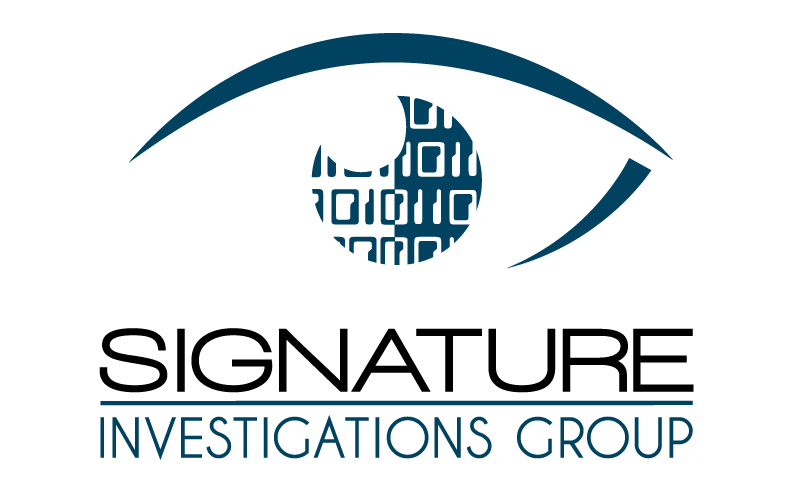Follow Us x
Due Diligence/Merger & Acquisition Investigations
Due diligence is vital process to perform before a merger, company purchase, or acquisition because it ensures that liabilities are not hidden and there are no details left uncovered. A due diligence investigation is a type of pre-transaction or pre-employment corporate investigation that attempts to uncover details of a company's management, finances, performance, mission, history, aims, suppliers, clients, and any other details that may affect how a company does business. Due diligence ensures that there will be no unpleasant surprises down the road.
If you are in any sort of business or plan to accept a high-raking position, due diligence investigations give you the most complete picture of a company. The fact that due diligence investigations are so good at finding liabilities in a company, they can help you negotiate a lower price or higher salary in a negotiation, and ensure that any claims made about a business are substantiated before signing on the dotted line. Any time you link your finances or your professional well-being to a business, a thorough due diligence business investigation will assist in keeping you safe and well informed.
What Happens During Due Diligence Investigations?
A good private investigator will explain all the facets of a business you can investigate, and will work with you to determine exactly which services and investigation you need. An investigator will often use forensic accounting investigations through a Certified Financial Examiner, extensive background checks, covert surveillance, mystery shopping, locate assets, financial investigations, and other business investigation methods to find out what is happening inside a company. In some cases, investigators will need to review public records, speak with company clients and customers, and even contact overseas offices in order to uncover the legitimacy and potential of a company.
Typical items to Investigate Involving Due Diligence:
INVESTIGATIONS
- Company Overview (History)
- Employees (Benefits, Personalities, Unions)
- Intellectual Property, Assets and Facilities
- Liabilities
- Mergers & Acquisitions
- Non-compete investigations
- Employee background checks
- Executive dossier background check
What are the advantages and disadvantages of due diligence inquiries?
Advantages:
- Evaluates the amount of risk involved.
- Can collect current information to make good business and financial decisions.
- Avoids potentially costly mistakes.
- Minimizes the risk of future law suits from bad partnerships.
- Obtain proof to better negotiate terms for future acquisitions.
- Provides insight to the overall state of an organizations health and stability.
Disadvantages:
- Company disapproval and/or resentment if irregular business practices are found

